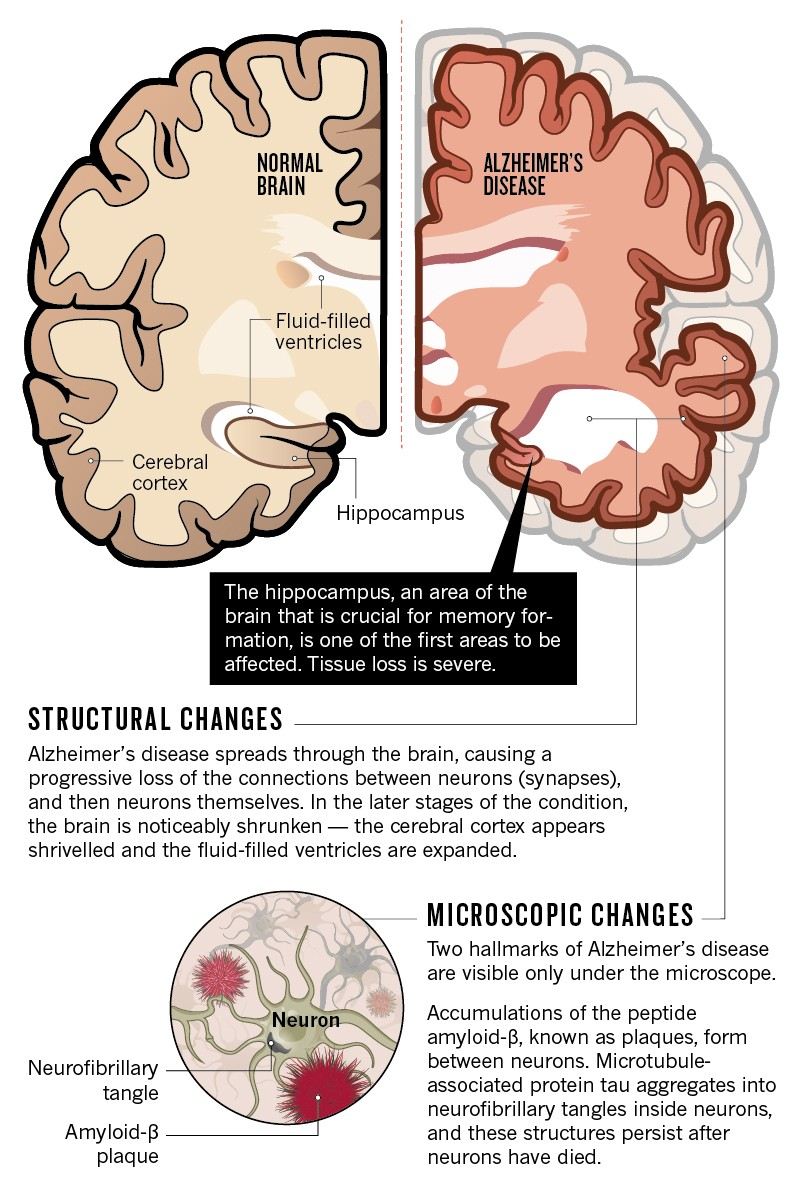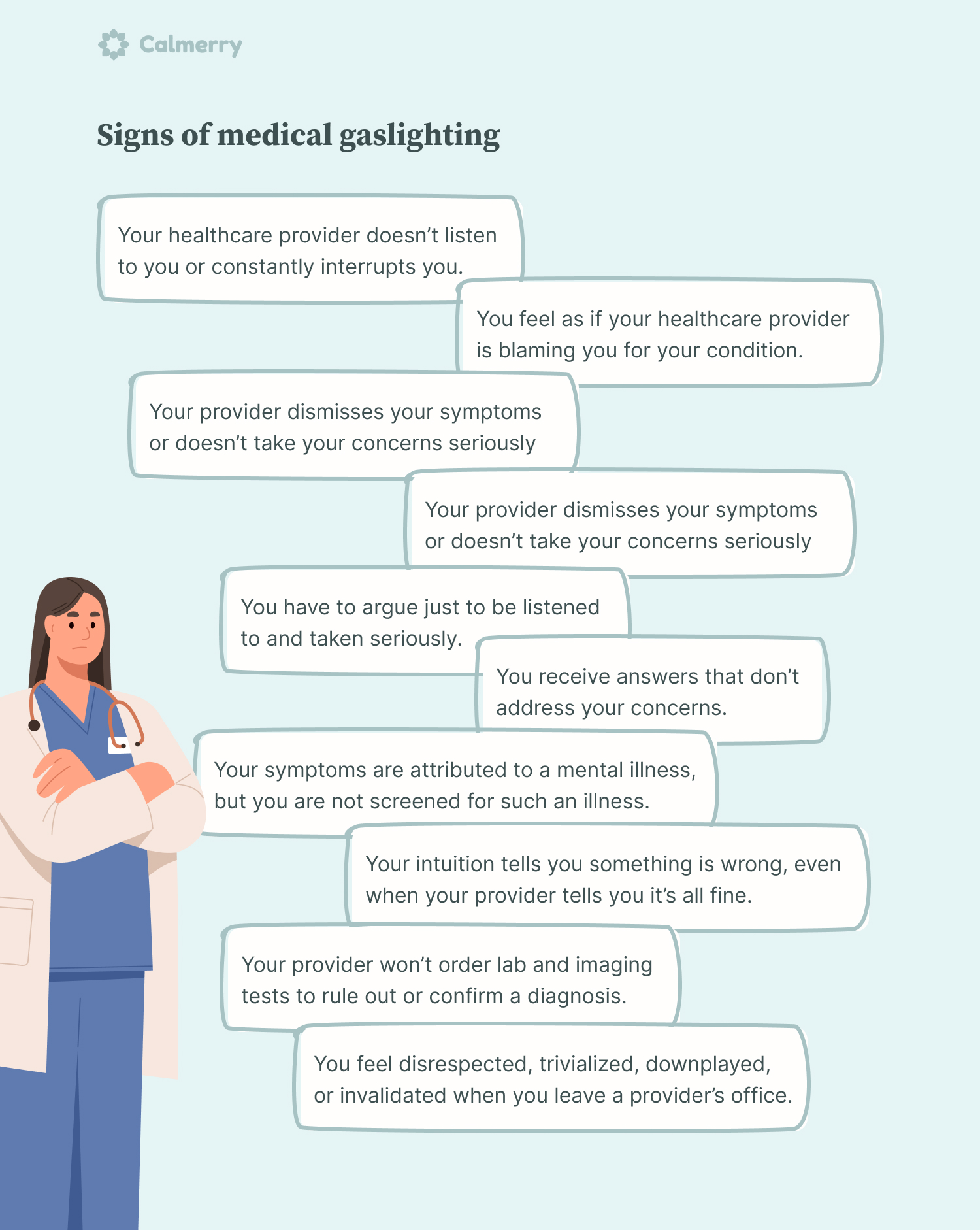Age-related brain diseases, which encompass conditions such as dementia, stroke, and late-life depression, pose significant health challenges as the population ages. As researchers from Mass General Brigham reveal, identifying and modifying key risk factors can greatly reduce the likelihood of developing these debilitating conditions. The investigation highlighted seventeen modifiable health risks, including high blood pressure, diabetes, and obesity, all of which can be addressed through lifestyle changes. These findings are crucial for stroke prevention and improving overall brain health, providing a foundation for initiatives like the Brain Care Score. By tackling these shared factors, individuals can take proactive steps towards safeguarding their cognitive wellbeing and quality of life at older ages.
Brain health during aging is a pressing concern, particularly as conditions like cognitive decline, cerebrovascular accidents, and mental health issues become more prevalent. Experts have noted that understanding these age-related cognitive impairments can help in identifying common underlying issues. Several lifestyle changes can significantly influence health outcomes, emphasizing the importance of actively managing risk factors associated with these illnesses. Recognizing the interconnectedness of cognitive decline and emotional health can lead to innovative preventative strategies, particularly in fostering a supportive environment for the elderly. Furthermore, engaging in social activities and maintaining a balanced lifestyle can substantially enhance the brain’s resilience against deterioration.
Understanding Age-Related Brain Diseases: Key Insights
Age-related brain diseases such as stroke, dementia, and late-life depression are increasingly prevalent concerns as populations age. Researchers at Mass General Brigham have identified numerous risk factors that not only contribute to these conditions but may also serve as targets for preventive interventions. The findings underscore how interconnected these diseases are, emphasizing the importance of addressing risk factors that overlap among them.
The implications of this research extend beyond academic interest; they provide a roadmap for healthcare practitioners seeking to lower disease incidence. By understanding the multifaceted nature of age-related brain diseases, medical professionals can tailor their strategies to personalize patient care and focus on modifiable risk factors. For example, factors like high blood pressure, poor diet, and sedentary lifestyle have shown to increase the chances of developing these conditions.
Identifying the 17 Shared Risk Factors
The study has pinpointed 17 risk factors that have been proven to influence the likelihood of developing stroke, dementia, and late-life depression. These include key elements such as diabetes, high cholesterol, and lifestyle factors like smoking and alcohol use. Each of these factors plays a crucial role in overall brain health, acting as potential intervention points for both patients and healthcare providers.
Understanding and modifying these risk factors can lead to significant improvements in quality of life and overall health. For instance, making dietary adjustments and increasing physical activity can serve as protective measures against the development of these debilitating conditions. The presence of multiple risk factors further promotes the idea that a holistic approach to brain health and disease prevention is vital.
The Role of Modifiable Health Risks in Brain Disease
Modifiable health risks are those lifestyle and health factors that individuals can change to potentially reduce their risk of age-related brain diseases. By focusing on these aspects, healthcare providers can empower patients to take control of their health. The research indicates that common modifiable risks, such as obesity and high blood pressure, have a significant correlation with the onset of dementia and stroke, which further highlights the need for public health initiatives directed at prevention.
Furthermore, initiatives promoting physical activity, healthy eating, and smoking cessation can have far-reaching benefits not only for brain health but for overall well-being. Tailoring these lifestyle modifications is pivotal in establishing a comprehensive health strategy that reduces the prevalence of multiple conditions simultaneously, thereby improving the effectiveness of health interventions related to age-related brain diseases.
Impacts of Depression in the Elderly on Brain Health
Depression in elderly populations has emerged as a critical risk factor for various cognitive impairments, including stroke and dementia. The intersection of mental health and aging underscores the importance of acknowledging and treating depression, not just as a psychological issue but as a significant health concern that can impact overall cognitive function. Research shows that untreated depression can accelerate brain aging and significantly reduce life quality, highlighting the necessity of early detection and ongoing management.
Recognition of this connection between mental health and age-related brain diseases opens the door to innovative treatment options that include both psychological support and lifestyle changes. Addressing depression through therapy, medication, and social engagement is essential in mitigating its risks to cognitive decline, thereby improving life quality for many seniors. This comprehensive approach lays the groundwork for broader health strategies aimed at promoting mental wellness as a core component of physical health.
Stroke Prevention Strategies for Aging Populations
Preventing stroke is of paramount importance in safeguarding the aging population from debilitating cognitive decline. The research from Mass General Brigham highlights several key strategies to reduce stroke risk, including regular monitoring and managing high blood pressure, adhering to a heart-healthy diet, and promoting consistent physical activity. Such preventive measures can drastically lower the likelihood of stroke and improve overall quality of life.
Educational programs aimed at teaching younger adults about stroke prevention can have lasting impacts on future generations, creating an informed population more adept at managing risk factors. Innovations like the Brain Care Score serve as practical tools for individuals and healthcare providers alike, making it easier to monitor brain health progress and implement necessary changes in lifestyle for stroke prevention.
Nutrition and Brain Health: The Diet Connection
A healthy diet is a foundational aspect of brain health that has been corroborated by numerous studies identifying its impact on reducing the risk of stroke and dementia. Nutritional choices, such as incorporating more fruits, vegetables, whole grains, and healthy fats, can enhance cognitive function and lower disease risks for older adults. Conversely, diets high in processed foods and sugars may contribute to cognitive decline and increase vulnerability to various age-related brain diseases.
Encouraging elderly individuals to adhere to better dietary habits can also facilitate the management of other modifiable risk factors like obesity and diabetes. Therefore, nutritional education and support can play a significant role in brain health promotion, making it a key target area for healthcare improvement efforts.
The Importance of Physical Activity in Brain Care
Physical activity is crucial in combating age-related brain diseases, with regular exercise proven to mitigate risks associated with dementia, stroke, and depression. Engaging in physical activities not only enhances cardiovascular health but also supports cognitive function by encouraging blood flow to the brain. Activities such as walking, swimming, or participating in group fitness classes can significantly improve mental clarity and emotional well-being in elderly populations.
Moreover, community initiatives that encourage physical engagement can create supportive environments for seniors, facilitating social interactions that further shield against depression and cognitive decline. By emphasizing the importance of physical activity, healthcare systems can foster more robust and healthier aging populations, positioning activity as a central element of brain disease prevention.
Understanding the Brain Care Score: A New Tool for Prevention
The Brain Care Score is an innovative metric that has been developed to quantify and inform individuals about their risk factors related to brain health. By considering various lifestyle elements and health indicators, the score helps users identify areas needing improvement to potentially reduce the risk of age-related brain diseases. This tool exemplifies how research can translate into practical applications that empower individuals in their health management journey.
By incorporating elements such as blood pressure, diet, physical activity, and mental wellness, the Brain Care Score provides a holistic picture of an individual’s brain health. As more people gain access to this tool, the potential for reducing the incidence of conditions such as stroke, dementia, and late-life depression simultaneously increases, supporting a proactive approach rather than a reactive one in brain care.
Social Engagement as a Protectant Against Cognitive Decline
Social engagement has been identified as a critical factor in preventing cognitive decline among the elderly. Strong social networks can provide emotional support, reduce feelings of loneliness, and enhance mental stimulation—all of which are vital for maintaining cognitive health. Communities that promote engagement through activities, clubs, and social gatherings can play a significant role in fostering better mental health and protecting against age-related diseases.
Furthermore, addressing social isolation is essential, as loneliness has detrimental effects on both mental and physical health. Approaches that include creating safe and inviting spaces for social interaction can significantly improve the overall well-being of older adults, serving as a buffer against depression and cognitive decline that often accompany age-related brain diseases.
Stress Management Techniques for Healthy Aging
Managing stress effectively is crucial for maintaining overall brain health, particularly in aging populations. Chronic stress has been linked with an increased risk of depression and cognitive decline, making it imperative to incorporate stress management strategies into daily routines. Techniques such as mindfulness, meditation, and yoga can significantly mitigate the negative impacts of stress on mental health.
Additionally, implementing community resources focused on stress reduction can offer essential support to elderly individuals. It not only improves quality of life but may also act as a preventive measure against the onset of conditions like stroke and dementia. Promoting these strategies thus serves a dual purpose—enhancing individual health care while also addressing broader issues of age-related brain diseases.
Frequently Asked Questions
What are the risk factors for dementia and other age-related brain diseases?
Research has identified several modifiable risk factors for dementia and other age-related brain diseases, including high blood pressure, diabetes, obesity, and excessive alcohol use. Lifestyle choices such as diet, physical activity, and social engagement also play a crucial role in reducing the risk of developing these conditions.
How does modifying health risks affect stroke prevention and dementia?
Modifying health risks is essential for stroke prevention and reducing the likelihood of dementia. Addressing factors like high blood pressure, poor diet, and lack of physical activity can significantly lower the risk of both conditions. Even altering a single risk factor can lead to improved brain health outcomes.
What role does depression in the elderly play in age-related brain diseases?
Depression in the elderly is closely linked to age-related brain diseases such as dementia and stroke. Untreated depression can exacerbate other health issues, thus increasing the risk of these diseases. Managing depression through lifestyle changes and healthcare interventions can help mitigate this risk.
What is the Brain Care Score and its significance in addressing age-related brain diseases?
The Brain Care Score is a tool developed to assess and guide individuals on actions to protect their brain health. It incorporates modifiable risk factors associated with age-related brain diseases, providing personalized feedback on how to improve overall brain health and reduce the risk of conditions like dementia and stroke.
What lifestyle changes can help lower modifiable health risks associated with brain diseases?
To lower modifiable health risks associated with brain diseases, individuals can focus on maintaining a healthy diet, engaging in regular physical activity, managing stress, and fostering social connections. Additionally, reducing smoking and alcohol consumption can significantly improve brain health and potentially lower the risk of dementia and stroke.
Is there a connection between obesity and age-related brain diseases?
Yes, obesity is a significant risk factor for age-related brain diseases like dementia and stroke. Excess weight can contribute to other health issues, such as high blood pressure and diabetes, which further increase the risk of developing these debilitating conditions. Weight management through diet and exercise is crucial for brain health.
How can social engagement impact the risk of dementia and late-life depression?
Social engagement is important for mental health and can lead to a lower risk of dementia and late-life depression. Maintaining strong social ties helps combat loneliness and provides emotional support, which can positively influence brain health and prevent the onset of these age-related diseases.
What preventive measures can be taken to reduce the burden of age-related brain diseases?
Preventive measures to reduce the burden of age-related brain diseases include managing risk factors such as high blood pressure and diabetes, staying physically active, cultivating a healthy diet, and promoting social interactions. Regular health check-ups and paying attention to mental health are also vital in preventing these conditions.
Can chronic pain influence the development of age-related brain diseases?
Yes, chronic pain can increase the risk of developing age-related brain diseases like depression and potentially dementia. Managing pain through medical interventions, lifestyle changes, and therapeutic techniques can help lower this risk and improve overall mental health.
What is the importance of sleep in preventing age-related brain diseases?
Quality sleep is crucial in preventing age-related brain diseases as poor sleep can exacerbate risks for depression and dementia. Establishing healthy sleep habits contributes to better brain health, cognitive function, and overall well-being.
| Risk Factor | Associated Diseases | Impact |
|---|---|---|
| Diabetes | Stroke, Dementia, Depression | Increases risk for all conditions |
| Blood Pressure | Stroke, Dementia, Depression | Major risk factor for all three |
| Kidney Disease | Stroke, Dementia, Depression | Increases risk significantly |
| Fasting Plasma Glucose | Stroke, Dementia | High levels increase risk |
| Total Cholesterol | Stroke, Dementia | High levels can increase risk |
| Alcohol Use | Stroke, Dementia, Depression | Excessive consumption increases risk |
| Diet | Stroke, Dementia, Depression | Poor diet contributes to risk |
| Hearing Loss | Dementia | Modifiable risk factor for dementia |
| Pain | Depression, Potentially others | Chronic pain increases risk |
| Physical Activity | Stroke, Dementia, Depression | Lack increases risk |
| Purpose in Life | Depression, Potentially others | Lack contributes to risk |
| Sleep | Depression, Potentially others | Poor quality increases risk |
| Smoking | Stroke, Dementia, Depression | Major risk factor for all three |
| Social Engagement | Depression, Potentially others | Lack contributes to risk |
| Stress | Depression, Potentially others | Chronic stress increases risk |
| Obesity | Stroke, Dementia, Depression | Increases the risk for all three |
Summary
Age-related brain diseases such as stroke, dementia, and late-life depression are interconnected and can share risk factors that affect their prevalence. Research from Mass General Brigham indicates that by modifying certain lifestyle factors, such as blood pressure and physical activity, individuals can significantly reduce their risk of developing these conditions. This study highlights the importance of preventive measures to address common risk factors, consolidating the potential for improved health practices to mitigate the burden of age-related brain diseases effectively.




